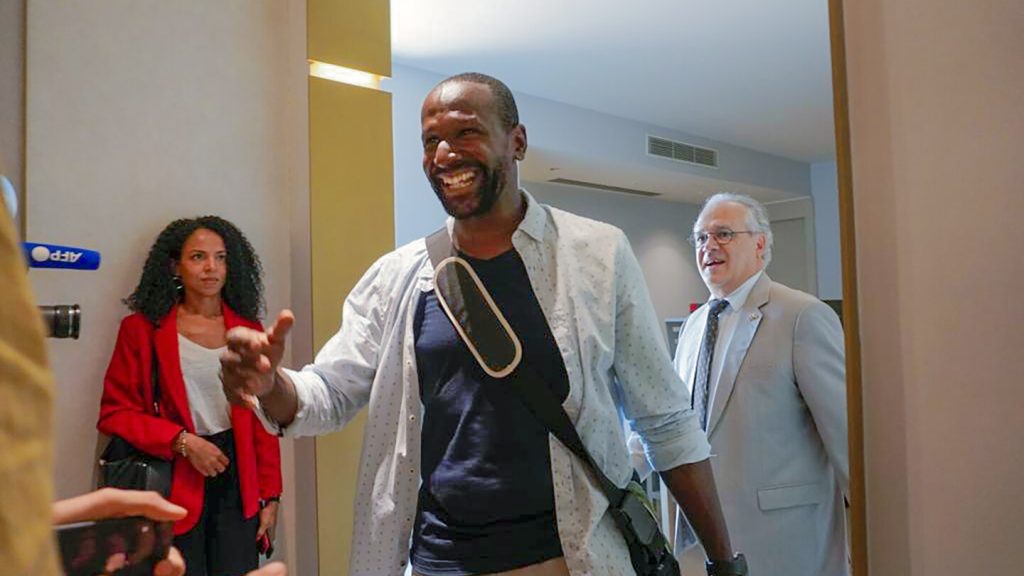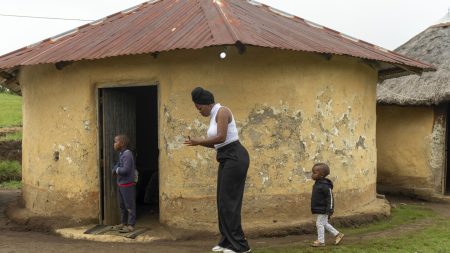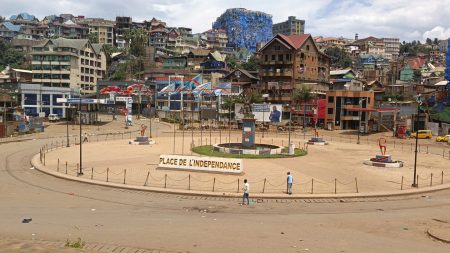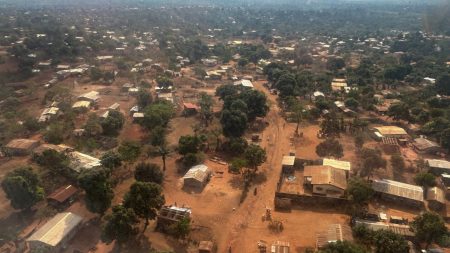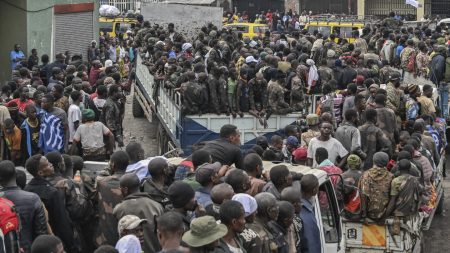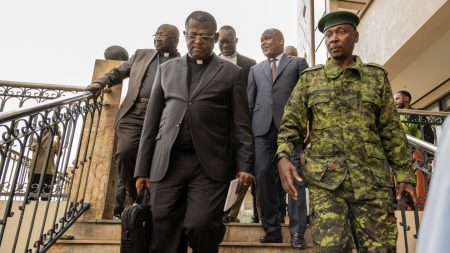The Kidnapping of Olivier Dubois: A Journalist’s 711 Days in Captivity
A Dangerous Assignment: The Pursuit of a Story in Mali
In the heart of Mali, French journalist Olivier Dubois embarked on a high-stakes mission to interview a leader of JNIM, an al-Qaida affiliate in the Sahel region. This dangerous assignment, meant to uncover the inner workings of the extremist group, turned into a nightmare when Dubois was kidnapped en route to the interview in April 2021. His captivity lasted 711 days, a harrowing ordeal marked by physical endurance and psychological resilience.
Life in Captivity: Survival and Secret Notes
During his time in captivity, Dubois faced immense challenges. Chained to a tree and surviving on meager rations, he found solace in secretly documenting his experiences. Using any available scraps of paper, he maintained detailed notes, which later became the foundation of his book. This act of recording his ordeal not only provided a sense of purpose but also served as a testament to his unwavering journalistic spirit.
The Act of Resistance: The Quran and Human Connection
In a bid to maintain his sanity, Dubois turned to the Quran, reading it to occupied his mind and understand his captors better. This unexpected journey into spirituality not only provided comfort but also facilitated a human connection with his captors, transforming him from a mere hostage to a person they could relate to. This period of reflection sparked a deeper exploration of faith, shifting his perspective from atheism to a more open spirituality.
The Negotiation of Freedom: Release and Unanswered Questions
After nearly two years, Dubois was released in Niger, yet the circumstances surrounding his freedom remain shrouded in mystery. The role of a fixer linked to French intelligence and potential ransom negotiations leave many questions unanswered. Dubois’s book, "Prisoner of the Desert," offers insights into his captivity but also highlights the broader issue of kidnappings in the Sahel, a tactic employed by groups like JNIM to instill fear and finance their operations.
The Aftermath of Captivity: Healing and Reflection
Dubois’s release marked the beginning of a complex healing process. The emotional and psychological scars of captivity are evident in his recounting of the escape attempts and mock execution. The experience has left an indelible mark, prompting him to reflect on his faith and the human condition. Despite his resilience, the trauma lingers, a poignant reminder of the sacrifices journalists make in pursuit of truth.
A Journalist’s Dilemma: Returning to the Frontlines
In the face of such adversity, Dubois confronts the challenge of returning to journalism. His book serves as both a memoir and a window into the Sahel’s turmoil, yet the wounds of captivity remain raw. As he navigates the transition back to his career, Dubois embodies the spirit of journalistic perseverance, offering a compelling narrative of survival and resilience in one of the world’s most volatile regions.





